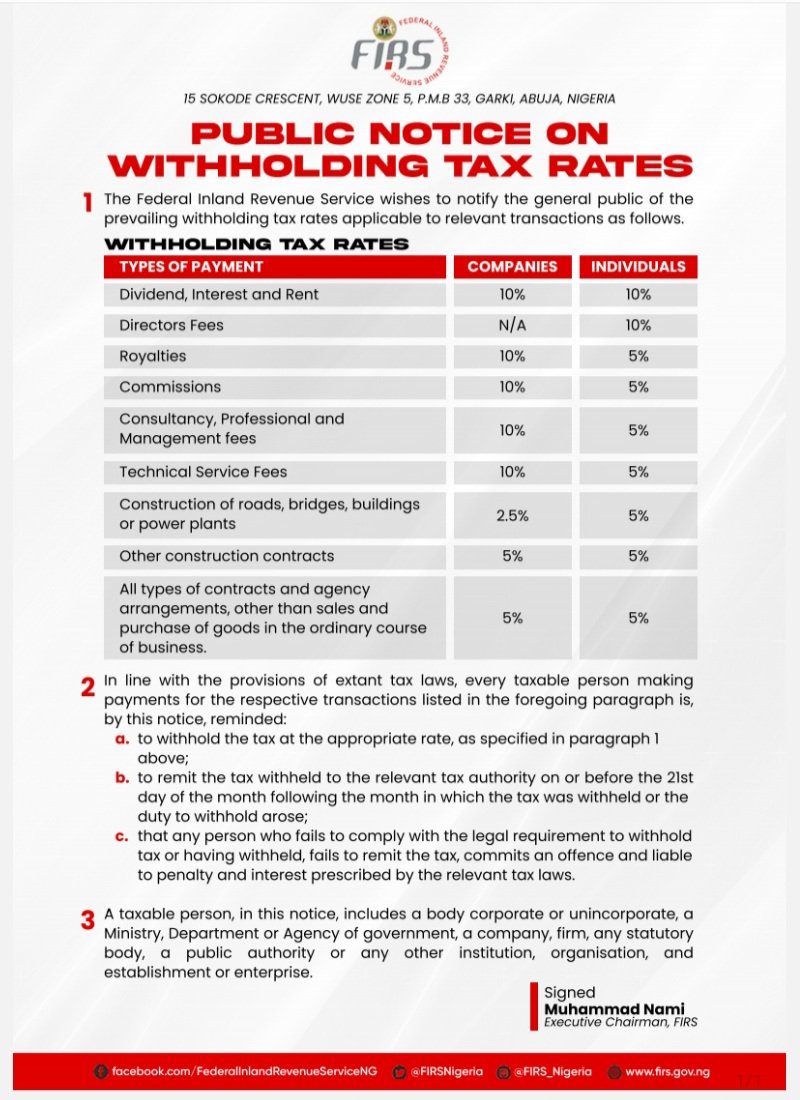
President Muhammadu Buhari has explained that he had declined assent to the Electoral Amendment Act to avoid a situation where some of its provisions would bring confusion in the 2019 general elections.
The President, in an explanatory note attached to the letter with which he returned the Act to the National Assembly, promised to sign the Act immediately after the elections next year.
“I am declining assent to the Bill principally because I am concerned that passing a new electoral bill this far into the electoral process for the 2019 general election which commenced under the 2015 Electoral Act, could create some uncertainty about the applicable legislation to govern the process.”
Part transcript of the letter the President sent to the National Assembly, explaining the rationale behind the rejection of the controversial Act is reproduced:
Pursuant to section 58 (4) of constitution of the Federal Republic of Nigeria 1999 (as amended), I hereby convey to the House of Representatives, my decision on 6th December 201 to decline Presidential Accent to the Electoral (Amendment) Bill , 2018 recently passed by the National Assembly.
I am declining assent to the Bill principally because I am concerned that passing a new electoral bill this far into the electoral process for the 2019 general election which commenced under the 2015 Electoral Act, could create some uncertainty about the applicable legislation to govern the process.
Any real or apparent change to the rules this close to the election may provide an opportunity for disruption and confusion in respect of which law governs the electoral process.
“This leads me to believe that it is in the best interest of the country and our democracy for the national assembly to specifically state in the Bill, that the Electoral Act will come into effect and be applicable to elections commencing after the 2019 General Election.
It is also important for the following drafting amendments to be made to the Bill: section 5 of the Bill, amending section 18 of the Principal Act should indicate the subsection to which the substitution of the figure “30” for the figure “60” is to be affected.
Section 11 of the Bill, amending Section 36 should indicate the subsection in which the proviso is to be introduced.
Section 24 of the Bill which amends Section 85 (1) should be redrafted in full as the introduction of the “electing” to the sentence may be interpreted to mean that political parties may give 21 days notice of the intention to merge, as opposed to the 90 days provided in Section 84 (2) of the Electoral Act which provides the provision for merge of political parties.
The definition of the term “Ward Collection officer” should be revised to reflect a more descriptive definition than the capitalized and undefined term “Registration Area Collation Officer.”








